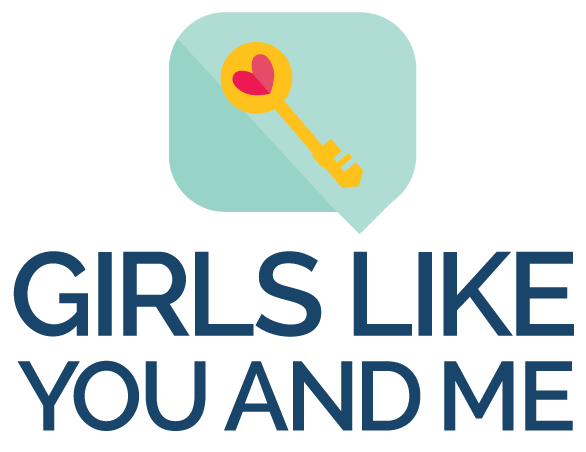If you know me, chances are you've heard me go on about how much I love the new-last-season show Crazy Ex-Girlfriend. I caught the first episode, and was immediately hooked. Created by star Rachel Bloom and Aline Brosh McKenna, the musical-comedy is really funny- and the first season is on Netflix, so you can catch up. (Or you can watch a bunch of the music videos from the show here.) The theme song explains the show's premise nicely.
Crazy Ex-Girlfriend is also participating in an initiative to bring more balance to the director lineup for the show. TV shows often have a different director from episode to episode, but over 70% of those directors are white men. (Season 1 of CEG included Kenny Ortega, who directed the High School Musical movies, and Joanna Kerns, best known as the mom on Growing Pains.)
This article on Buzzfeed, "The Small Thing One Network Did to Hire Directors Who Aren't White Guys," explains how CBS is taking a very personal approach to getting more women and people and color into the director's chair. They set up a speed-dating style breakfast that paired 15 directors with CBS executives with the explicit goal of "diversifying the director lineup of CBS and CW shows." Participants received coaching from CBS's diversity department beforehand, and get ongoing support from the network:
" All of the participants shadow on CBS shows and receive support and feedback on their reels, how to pitch themselves, and what their websites should look like. They also receive ongoing sponsorship from CBS's diversity department: [Jeanne] Mau [who runs CBS's directing diversity initiative] and her colleagues will follow up with executives at CBS The CW, and other networks if any of their alumni or contacts seem right for a certain show. 'We serve as an in-house agency to some degree in terms of pitching our 'clients,' for lack of a better term,' Mau said."
The entertainment industry has received increased public and government scrutiny lately over its lack of diversity both in front of the camera and behind it. This program sounds really productive to me for few reasons. 1) It literally makes women and people of color visible to people at the highest levels by putting them face-to-face. I've heard that a common excuse is not knowing people outside the white, male mold, and this initiative negates that. 2) Participants develop the network that helps directors build careers. CBS keeps them in mind and helps them become known to people at their shows. 3) As more women and people of color become part of the mix of directors, or really, any field, their presence will become normal, and the idea of "what a director looks like" will become broader. I think (and hope) this will help create sustainable change.
Tiffany Smith-Anoa'i, the executive vice president of diversity, inclusion, and communications at CBS Entertainment sums up the end-goal of this initiative: "If I got a list back in the day, and there were 13 men on it, that looked normal. Now, what we say, there's no quota, there's no percentage -- I want a balanced list. We all know what the word 'balanced' means."
